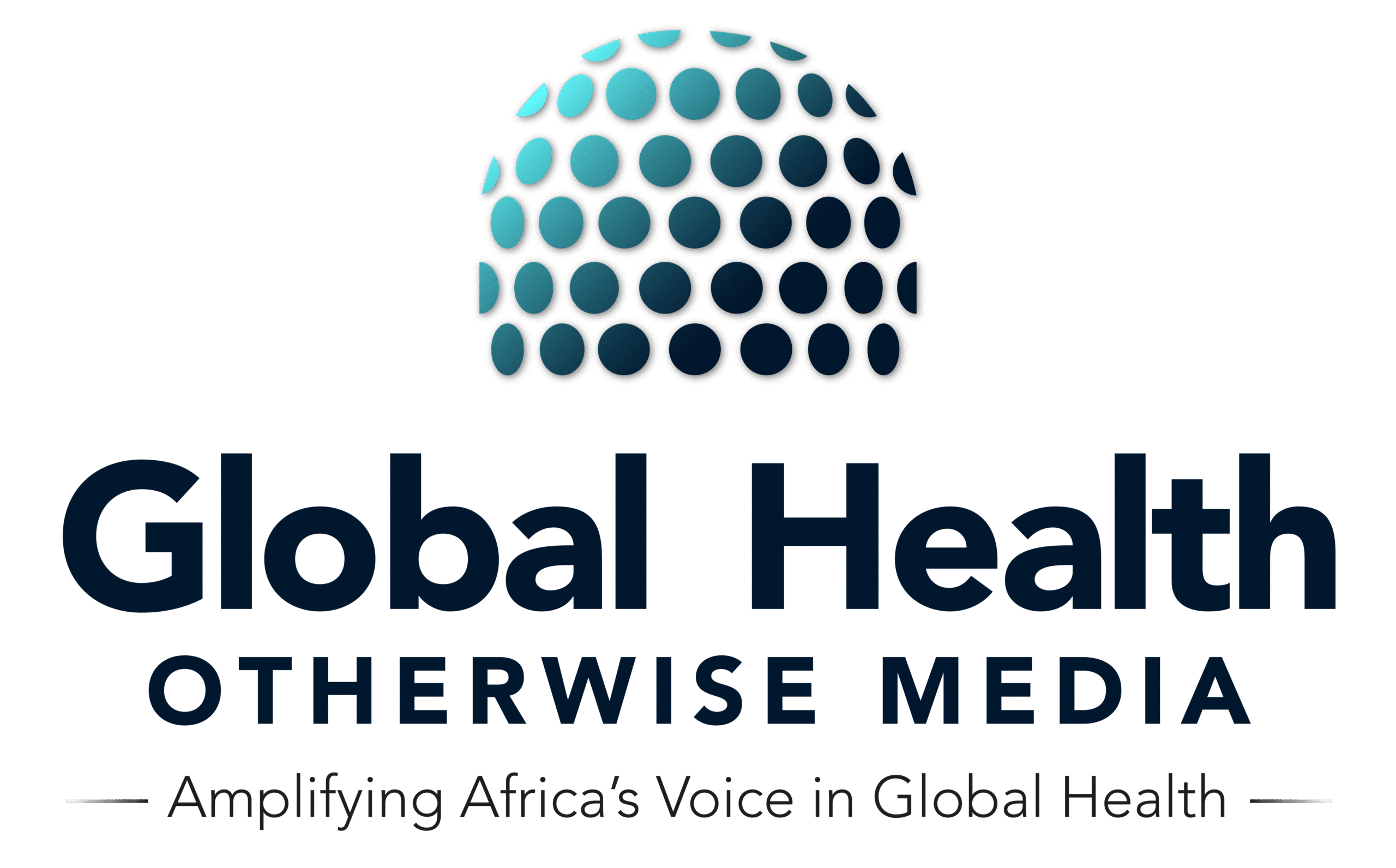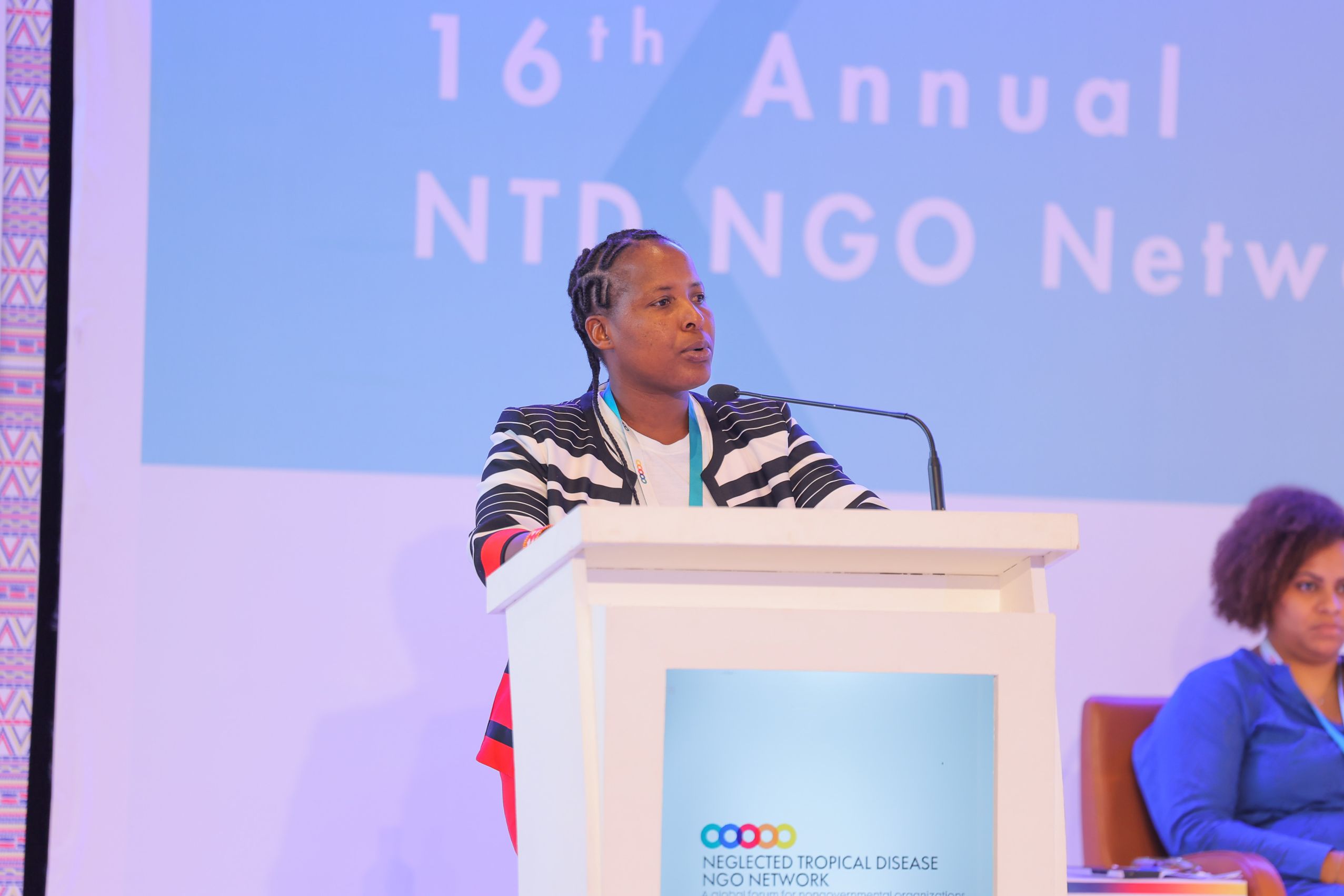When Dr. Fortunate Shija joined the Kilimanjaro Centre for Community Ophthalmology (KCCO), she knew her new role would not be easy. Her task was to bring eye care services to remote rural areas including the Maasai community in Ngorongoro District, northern Tanzania, a vast area of more than 264 square kilometres, with punishing terrain, few tarmacked roads, and a nomadic population often out of reach. From her base in Moshi, the journey alone could take up to 10 hours. In this area, specialist hospitals are few and mostly a day away.
What she did not expect was how deeply culture would shape the success of her mission.
“I understood the biggest problem: communication,” she says. “Majority of the people we serve speak Maasai and can hardly communicate in Swahili, and of course, there’s the culture. But I was ready to go into it, realising how impactful it would be toward their day-to-day activities.”
For the past 15 years, Dr. Fortunate has been the Program Manager leading various eye care projects and currently is the Trachoma Lead at KCCO, a member of the International Agency for the Prevention of Blindness (IAPB) and the International Coalition for Trachoma Control (ICTC). The organisation works in more than eight countries. Her work focuses on eliminating avoidable blindness, especially trachoma, a preventable disease that disproportionately affects older women.
“,Trachoma is progressive and worsens with age. Older women, who are susceptible are the backbone of Maasai households. They build houses, fetch water, cook, care for children and livestock. They cannot afford to lose their sight.”
Yet, these same women were often the most resistant to treatment.
“We would hear, ‘I’m scared of the surgery,’ or, ‘You bring us these young people with strange machines, why do you want to test them on me?’” Dr. Fortunate recalls. “Some even thought we would remove their eye, work on it, and put it back.”
Trachoma remains one of the leading infectious causes of blindness in sub-Saharan Africa. In 2025, an estimated 1.9 million people in 32 countries were affected, with the highest burden in Eastern Africa. In Maasai-dominated areas of northern Tanzania, early surveys showed trachoma infection rates in children as high as 57%, far above the World Health Organization’s elimination threshold of 5%.
Despite ongoing mass drug administration and surgical interventions, progress has been slow. Nomadic lifestyles, poor sanitation, and cultural barriers have made it hard to reach and convince communities to seek treatment.
Trachoma spreads through personal contact (via hands, clothes, bedding or hard surfaces) and by flies that have been in contact with discharge from the eyes or nose of an infected person. With repeated episodes of infection over many years, the eyelashes may be drawn in so that they rub on the surface of the eye. This causes pain and may permanently damage the cornea.
Breaking barriers
“We realised we needed a cultural intermediary,” says Dr. Fortunate. “We had more problems reaching the women, so we involved someone from within their culture who could explain the medical side in a way that felt familiar.”
Her approach began with patience. “You can’t just walk in and start working,” she says. “You first spend 40 minutes exchanging traditional greetings, explaining your purpose in their language, and earning their confidence. As a woman, I’m not allowed to approach a male.”
During one market visit, she met Paulina, a local woman who led a small women’s group. “She was not highly educated yet she knew more than 30 women’s phone numbers by heart. That told me she was sharp and deeply connected.”
Paulina quickly became a bridge between the surgical team and the community. She travelled with the team, introduced them to local leaders, and helped dispel fears about eye surgery. “She was never turned away,” says Dr. Fortunate. “She is respected across age groups — something rare for women there.”
Paulina worked as a volunteer, receiving a small allowance but not a salary. “We employ Maasai who can move freely within their culture,” Dr. Fortunate adds. “You can’t enforce something new just because it worked elsewhere. The key is persistence without imposing.”
Gradually, trust began to build. The team learned to frame health messages around Maasai values rather than outside concepts. They also trained local people to provide basic eye care, ensuring services were close to home and culturally acceptable.
“Disease management is one part, but building local capacity is everything,” she says. “We train people who already live there. It makes the work cheaper, easier, and more sustainable.”
One collaboration was in designing a simple but vital tool — a safe, hygienic eyelash epilator. Traditionally, Maasai women used locally made epilator=”oruptet” or spoons to pluck in-turned lashes caused by trichiasis. “We saw how much damage that caused,” says Dr. Fortunate. “Though this is not a recommended method for eliminating the diseases, and surgery is advocated for, we had to work with the community. We designed a modern version with their input. They were hesitant at first and preferred what they knew. But when they saw it worked and didn’t hurt, they accepted it.”
Her voice softens. “That’s the secret. Involving them in their own solutions. When they own it, it lasts.”
Success rate
The team’s efforts have paid off. “I would say we’re at 95% success now,” she says. “But five years ago, it was may be less than 60%. It’s taken time, trust, and consistency.”
One case stays with her — that of Naserian, an elderly woman who refused surgery multiple times despite severe trichiasis. “We followed up with her more than three(3) times over a year. You can’t force someone to agree,” says Dr. Fortunate.
At first, Naserian said she feared the surgery. Later, she admitted she did not trust outsiders. It was Paulina who finally reached her, visiting often, talking, laughing, never pushing.
“Eventually, Naserian said, ‘These people keep coming. They must be genuine.’ She asked Paulina to take responsibility if anything went wrong — because she was one of them. Paulina agreed. And that’s when Naserian accepted the surgery.”
The operation was successful. “That moment made every hour on the road worth it,” says Dr. Fortunate.
Bigger picture
Asked why she keeps doing this work despite the challenges, Dr Shija Fortunate answer is simple: “Because sight is everything. When women go blind, they lose their place in the community. They are hidden, brushed aside. I have seen women blind with due to cataract who can’t feed themselves. It brought tears to my eyes.”
For her, science is not just about research or reports. It’s about relevance. “We can’t let our findings sit in journals,” she says. “If you know women are dying or going blind because of lack of access, take that knowledge back to the community. Use it to change lives.”
She also reflects on what it means to be a woman in science. “In my programme, I was one of few women in most of my classes . You have to work twice as hard to earn half the recognition. But it’s worth it when you see the impact,” the biotechnology, public health and epidemiology graduate from the Sokoine University, says.
As for the future, she hopes for a health system where women can seek care freely. “When a woman is sick, she should know exactly where to go and get help immediately. She should not have to wait or ask permission. Too many women die because of delays.”
Dr. Fortunate pauses, then smiles. “If there is one thing I want to be remembered for, it’s that of helping women see, live, and thrive. When they see clearly, the whole community does.”


